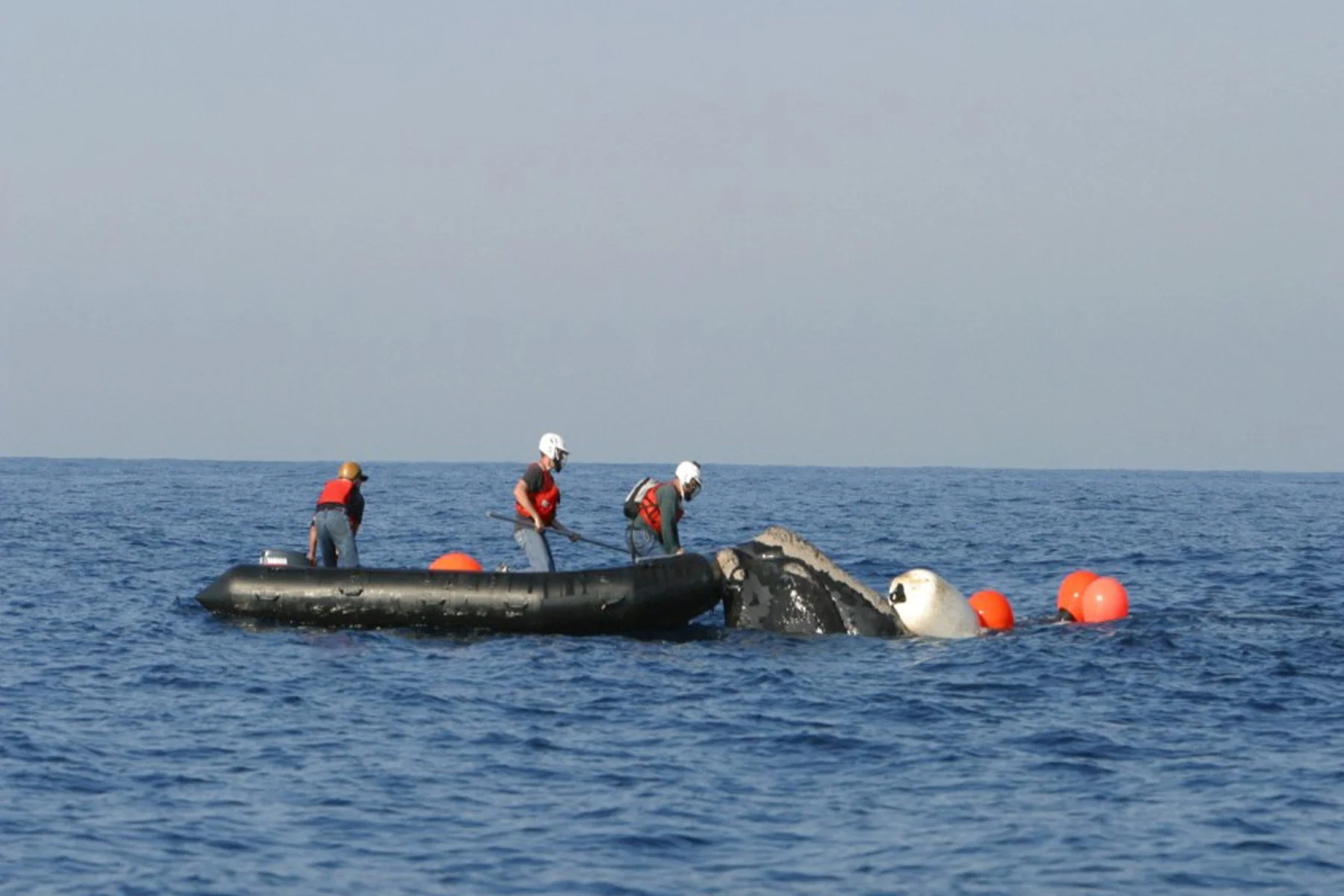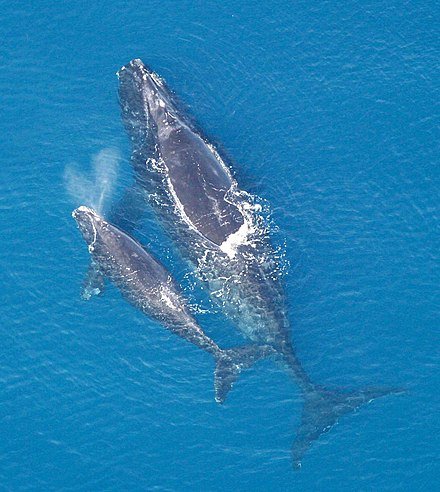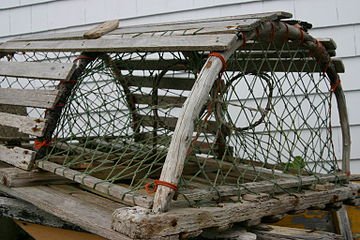
Driving another mammal species to extinction via painful deaths
National Oceanic and Atmospheric Administration staffers trying to free a North Atlantic Right Whale from fishing gear.
Adapted from Robert Whitcomb’s “Digital Diary,’’ in GoLocal24.com
It’s very sad to watch the slow and painful death of “Snow Cone,’’ one of the 350 or so remaining North Atlantic Right Whales. Snow Cone has been entangled in fishing lines south of New England, a reminder of how much we devastate wild fauna, including such highly intelligent mammals as whales. Surely the fishing industry can do much more to protect them. She may well be dead by the time you read this.
One is getting fisheries to use different systems, even if we have to subsidize this to start. To wit, consider this from Oceana:
“Using Innovative, Pop-up Fishing Gear to Avoid Entanglements While Continuing to Fish
“Pop-up fishing gear stays connected to traps on the ocean floor until a release mechanism is triggered that allows a flotation device to surface so fishermen can retrieve the catch. Release mechanisms can be set to release at a certain time (‘timed release’) or upon receiving an acoustic signal from a fishing vessel (“on-demand release”). Because there is no surface buoy, virtual gear marking can notify fishery managers and other fishermen of the location of traps.’’
And:
“Other proposed solutions would sever fishing lines in the event of entanglements, potentially allowing a whale to free itself. These include weak links, Yale grip sleeves and line cutters that in theory would only break the line after an entanglement. Despite these changes being easy to incorporate, none of these solutions prevent entanglements and there is no clear evidence that they allow an animal to free itself.’’ (Italics for my emphasis.)
North Atlantic Right Whale mother and calf.
Could lineless lobstering help save North Atlantic Right Whales from extinction?
North Atlantic Right Whale mother and calf.
Adapted from Robert Whitcomb’s “Digital Diary,’’ in GoLocal24.com
A group of Massachusetts lobstermen may have a way to be allowed to resume fishing in areas that have been closed off to such fishing because the vertical lines to traps (aka “pots”) at the sea bottom can entangle, injure and kill North Atlantic Right Whales and other whales, too.
The group would use remotely controlled balloon-like devices to bring the traps to the surface without lines. I wouldn’t be surprised if regulators mandate such arrangements, though naturally some other lobstermen are angry about the potential high expense.
Besides the fact that whales are big, highly intelligent, “charismatic” fellow mammals, why should we care if they go extinct? It’s because all species are connected. If you kill off one species, it has a knock-on and usually damaging (even lethal) effect on some others. The “web of life” and all that.
Old-fashioned lobster pot.




